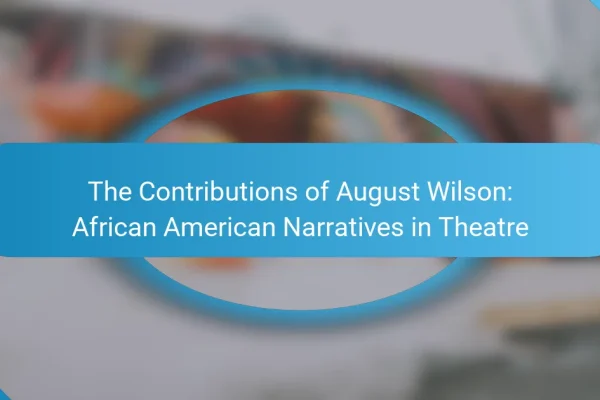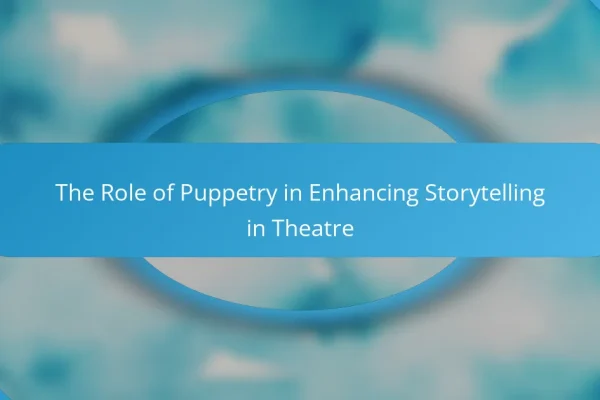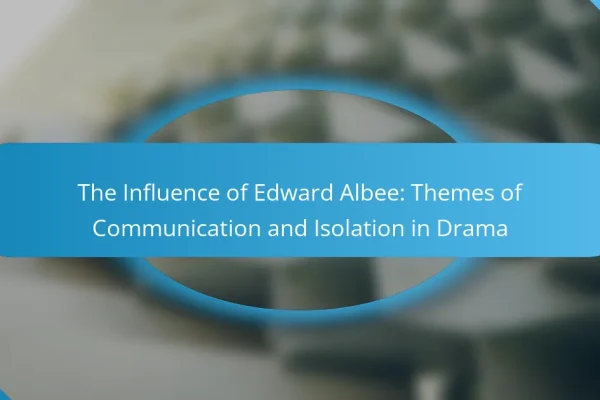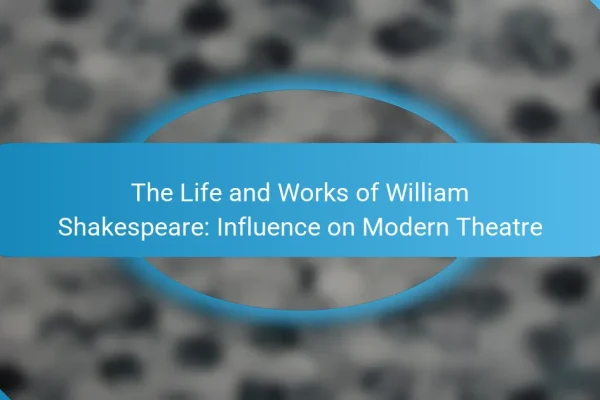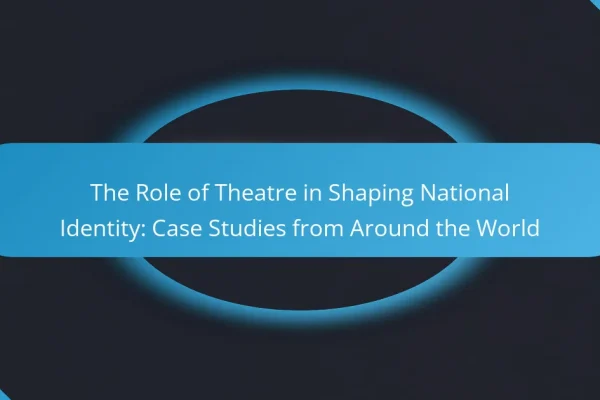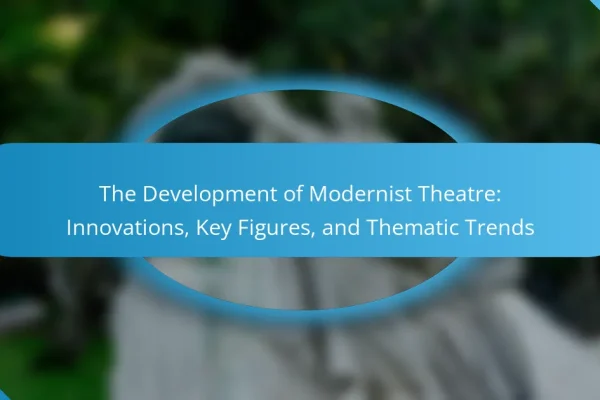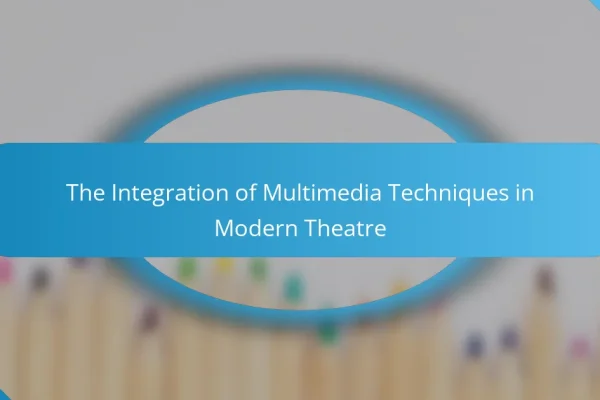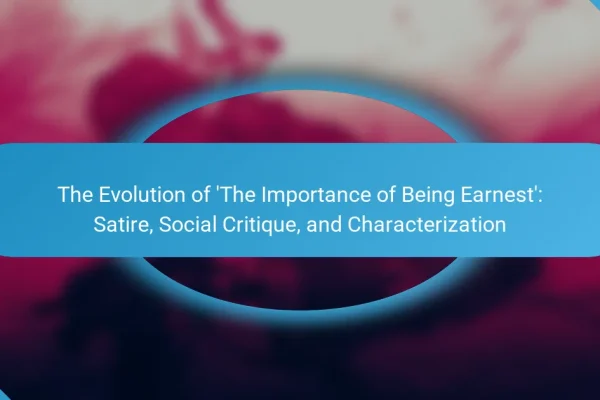
The Evolution of ‘The Importance of Being Earnest’: Satire, Social Critique, and Characterization
“The Importance of Being Earnest” is a comedic play by Oscar Wilde, written in 1895, that critiques the norms and values of Victorian society, particularly focusing on marriage and identity. The play features characters leading double lives to navigate societal expectations, using witty dialogue and humorous situations to expose the absurdity of social conventions. Key…
